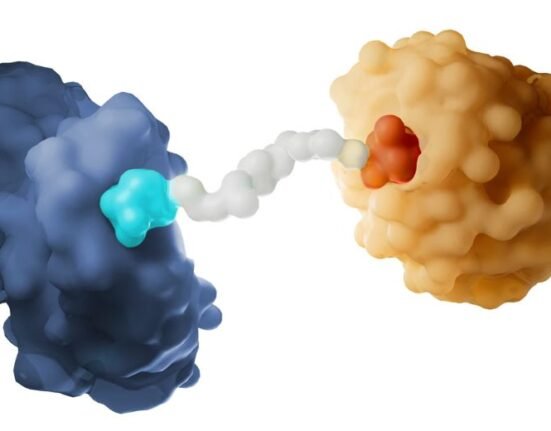HQ Team
December 20, 2024: US-based Merck and Co. Inc., two late-stage studies have met the main efficacy goal of suppressing the HIV-1 virus in adults receiving different antiretroviral therapies, according to a company statement.
The oral two-drug combination of doravirine and islatravir was tested in more than 1,000 patients and “the success criterion for the primary efficacy hypothesis, as measured by the percentage of participants with HIV-1 RNA levels…was met in both trials.”
Merck’s combination drug was demonstrated to be “non-inferior” to Gilead Sciences’ HIV drug, Biktarvy. “The superiority criteria were not met” in one of the trials, but “primary safety objectives of both trials were met.”
The trials were held in patients already on antiretroviral therapy, which halts the virus’s ability to multiply in the body. The patients could switch to Merck’s new drug or continue on Biktarvy.
Advancing clinical programs
“The company plans to present detailed findings from these trials at a future scientific congress and will also file these data with regulatory authorities,” according to the statement.
In the US, doravirine is approved for the treatment of adults with HIV-1 in combination with other antiretrovirals as a single agent branded as Pifeltro and a component of a single-tablet regimen named Delstrigo.
“We are encouraged by the results from these Phase 3 trials evaluating a once-daily, oral, two-drug, single-tablet regimen of doravirine and islatravir,” said Dr Eliav Barr, senior vice president, head of global clinical development and chief medical officer, Merck Research Laboratories.
“We are committed to advancing our clinical programs for islatravir in combination with other antiretrovirals as potential options to help address the needs of people living with HIV.”
Boxed warning
Doravirine comes with a boxed warning for post-treatment acute exacerbation of Hepatitis B (HBV).
“Severe acute exacerbations of HBV have been reported in people with concomitant HIV-1 and HBV who have discontinued products containing lamivudine or tenofovir disoproxil fumarate, which are components of Delstrigo,” according to the statement.
Delstrigo is not recommended in patients with renal impairment and with an estimated creatinine clearance of less than 50 mL/min.
The most common adverse reactions with Delstrigo include dizziness, nausea, and abnormal dreams, while adverse reactions with Pifeltro are nausea, dizziness, headache, fatigue, diarrhoea, abdominal pain, and abnormal dreams.








